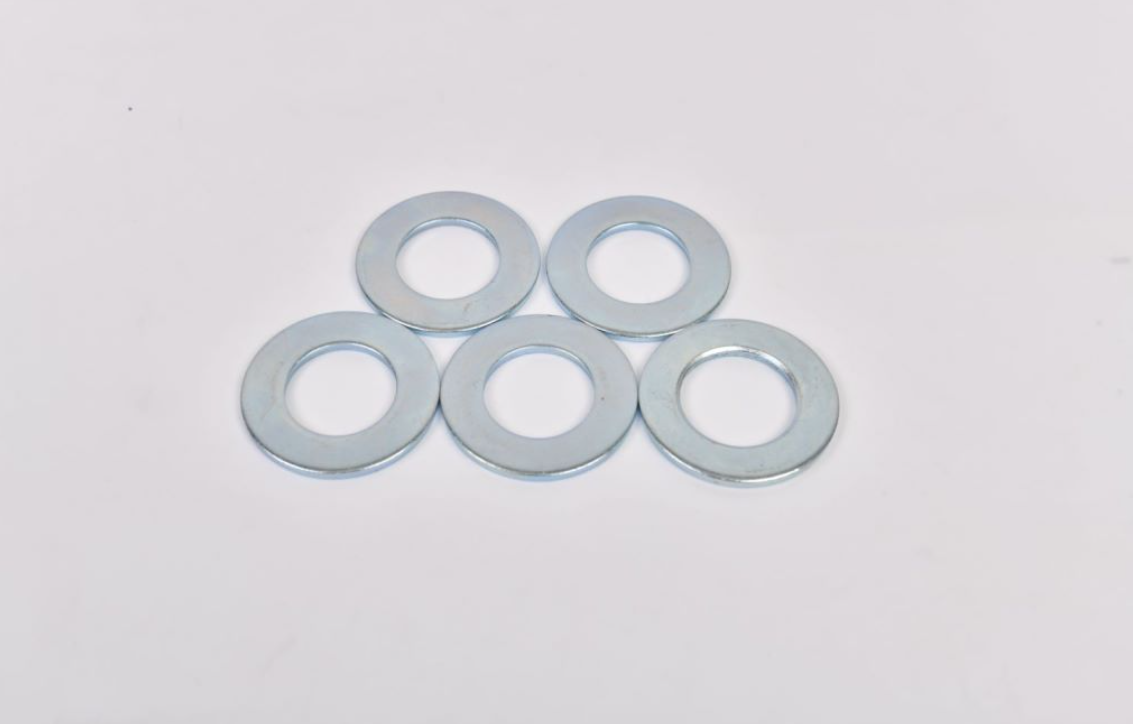spring washer iso suppliers
The Importance of Spring Washers An Overview of ISO Suppliers
In various engineering applications, the reliability and efficiency of mechanical assemblies heavily depend on the components used. Among these components, spring washers or helical spring lock washers play a crucial role in maintaining the integrity of bolted connections. This article explores the significance of spring washers, their design variations, and the role of ISO suppliers in ensuring the availability of high-quality products.
What is a Spring Washer?
A spring washer is a type of washer designed to exert a spring force under compressive load. Typically made of materials like steel, stainless steel, or other alloys, these washers provide a mechanism for ensuring that bolts and nuts remain tight. Unlike flat washers, spring washers can absorb shock, reduce wear, and prevent loosening due to vibration and thermal expansion.
There are several types of spring washers, including conical, split, and disc spring washers. Each variant serves a unique purpose depending on the requirements of the application. The most common varieties are
1. Conical Spring Washers These are designed to dissipate energy and maintain tension in bolted joints. 2. Split Lock Washers Known for their spiral design, they are effective in preventing nut and bolt loosening. 3. Disc Spring Washers These provide a high level of flexibility and can be stacked to create various load conditions.
The Importance of ISO Standards
ISO (International Organization for Standardization) develops and publishes international standards that ensure quality, safety, and efficiency across various industries. ISO standards specify the requirements for products, including spring washers, to guarantee their suitability for specific applications.
Suppliers that comply with ISO standards offer significant advantages
spring washer iso suppliers

1. Quality Assurance ISO-certified suppliers adhere to rigorous quality management systems, ensuring that all products meet specific performance and safety requirements. 2. Consistency With standardized production processes, customers can expect uniformity in dimensions and material properties, reducing the risk of failures in mechanical assemblies. 3. Global Recognition ISO certification is recognized worldwide, facilitating international trade and trust among manufacturers and buyers.
Choosing the Right ISO Supplier
When selecting a supplier for spring washers, several factors should be considered
1. Quality Certifications Look for suppliers with ISO 9001 certification, which indicates a commitment to quality management and continuous improvement. 2. Material Options Ensure that the supplier offers a variety of materials suitable for different applications, including corrosion-resistant options like stainless steel. 3. Custom Solutions Some suppliers provide custom manufacturing capabilities, which can be essential for specialized applications that require specific dimensions or load characteristics. 4. Reputation and Experience A supplier with a strong reputation and years of experience in the industry is more likely to deliver reliable products.
The Role of Spring Washers in Various Industries
Spring washers are essential in multiple sectors, including automotive, aerospace, construction, and manufacturing. In the automotive industry, for example, they are used in engines, transmissions, and suspension systems to ensure the reliability of fastenings. In aerospace, spring washers are crucial for maintaining performance under varying conditions and loads.
Moreover, in construction, they help secure large structural components, preventing mechanical failures that could lead to safety hazards. The versatility of spring washers makes them invaluable across diverse applications.
Conclusion
Spring washers are essential components that help ensure the longevity and reliability of mechanical assemblies. Their unique design and function make them indispensable in numerous industries. ISO suppliers play a critical role in providing high-quality spring washers that meet the stringent requirements of modern engineering applications. By selecting the right supplier, manufacturers can enhance product reliability, reduce maintenance costs, and improve overall operational efficiency. As the demand for high-quality components increases, the importance of partnerships with ISO-certified suppliers will continue to grow, ensuring that businesses can maintain their competitive edge.
-
Top Choices for Plasterboard FixingNewsDec.26,2024
-
The Versatility of Specialty WashersNewsDec.26,2024
-
Secure Your ProjectsNewsDec.26,2024
-
Essential Screws for Chipboard Flooring ProjectsNewsDec.26,2024
-
Choosing the Right Drywall ScrewsNewsDec.26,2024
-
Black Phosphate Screws for Superior PerformanceNewsDec.26,2024
-
The Versatile Choice of Nylon Flat Washers for Your NeedsNewsDec.18,2024










